President Bola Tinubu has presented Nigeria’s 2025 budget proposal to the National Assembly, outlining ambitious goals to reduce inflation and stabilise the exchange rate. The N49.7 trillion budget seeks to lower inflation from 34.6% to 15% and improve the naira’s exchange rate from N1,700 to N1,500 per dollar.
During his address to a joint session of the National Assembly, Tinubu said the budget aims to “ease the era of economic stagnation and set Nigeria on a path to sustainable development.” He emphasised that the proposal focuses on core sectors like defence, infrastructure, health, and education.
Join our WhatsApp ChannelAnalyst Questions Feasibility of Inflation Target
Basil Abia, a policy analyst, has described the 2025 budget projections as unrealistic. Speaking on Channels Television’s Politics Today programme, Abia challenged Tinubu’s goal to reduce inflation from 34.6% to 15% in one year.
“The projections are not realistic, and Nigerians must understand the assumptions driving those projections,” Abia said. He argued that inflation drivers, such as energy costs, food prices, and production inefficiencies, cannot be reduced so quickly.
According to Abia, the crude oil production estimate of two million barrels per day is also a major flaw. He noted that Nigeria currently produces about 1.5 million barrels per day, making it difficult to meet the 2025 target.
“Unfortunately, you cannot achieve a 15% headline inflation rate when you are producing less than two million barrels per day. Even though they are projecting two million barrels, it is not feasible when you are currently at 1.5 million barrels per day,” Abia explained.
READ ALSO: 2025 Budget: Nigeria Govt Projects 2.06mbpd Crude Oil Production At $75
Exchange Rate Projections Stir Doubt
Another point of contention is the projected exchange rate of N1,500 per dollar. Critics argue that this figure implies the government has no strategy to reduce the exchange rate below this level.
Chijioke Ekechukwu, Director General of the Abuja Chamber of Commerce and Industry, expressed concern over this projection, saying it could lower public confidence in the government’s economic plans.
“I started getting worried when I saw the projected exchange rate of N1,500. It’s like telling Nigerians that there is no hope for a lower rate,” Ekechukwu said on Politics Today.
Ekechukwu criticised the government’s messaging, noting that Nigerians expected more aggressive measures to bring down the cost of foreign exchange. “All you are telling us is that the exchange rate will stay at N1,500, and that dampens public confidence,” he added.
Breakdown of 2025 Budget Expenditure
President Tinubu’s 2025 budget allocates significant funds to critical sectors. Key allocations include:
- Defence and security: N4.91 trillion
- Infrastructure: N4.06 trillion
- Health: N2.4 trillion
- Education: N3.5 trillion
These sectors are seen as vital for Nigeria’s long-term development, but analysts argue that the effectiveness of these investments depends on the country’s ability to manage inflation and exchange rate stability.
Public Reactions to the 2025 Budget Projections
The public’s reaction to the budget proposal has been mixed. While some citizens appreciate the focus on defence, health, and education, others remain skeptical of the government’s capacity to achieve its goals. Economic commentators argue that more transparency is needed to understand how these targets will be met.
Basil Abia’s and Chijioke Ekechukwu’s concerns highlight the uncertainty surrounding the feasibility of the 2025 budget projections. Many Nigerians are now waiting to see if the government’s economic strategies will produce tangible results or if the projections will remain unfulfilled promises.
As Nigeria’s economy faces pressure from inflation, currency depreciation, and low crude oil production, the 2025 budget proposal has become a hot topic of debate. While President Tinubu’s administration has set ambitious goals, policy analysts like Basil Abia and Chijioke Ekechukwu warn that the targets may be too optimistic. Questions remain about how the government will address inflation, crude oil production, and the exchange rate—three critical factors that could determine the success or failure of the 2025 budget.
Emmanuel Ochayi is a journalist. He is a graduate of the University of Lagos, School of first choice and the nations pride. Emmanuel is keen on exploring writing angles in different areas, including Business, climate change, politics, Education, and others.

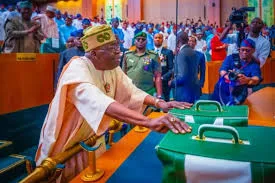



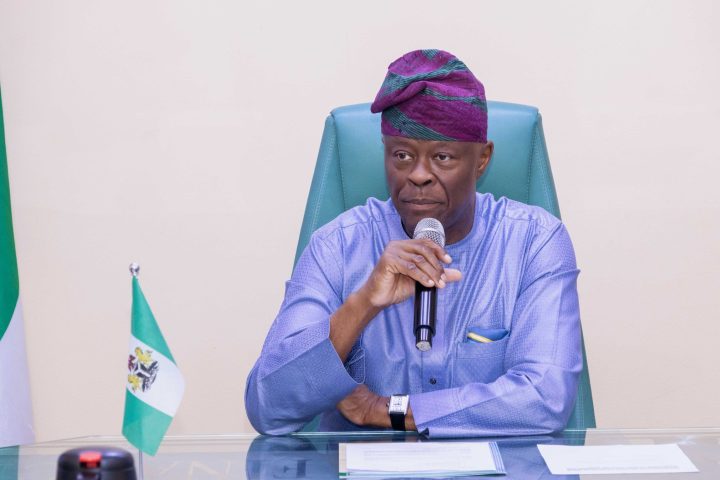
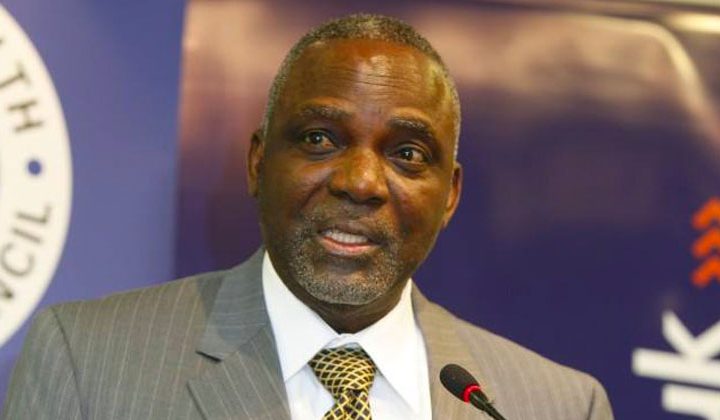
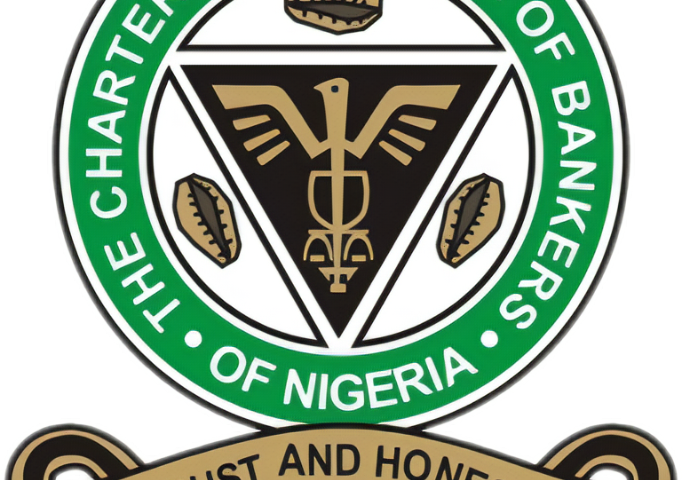




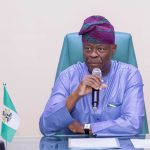


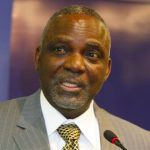
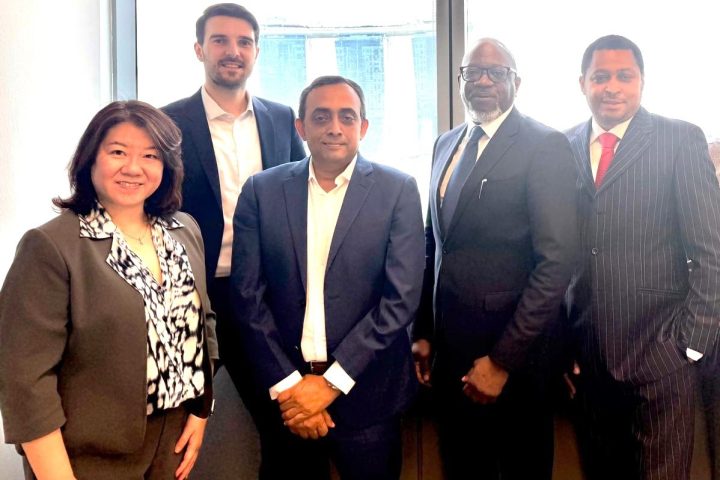
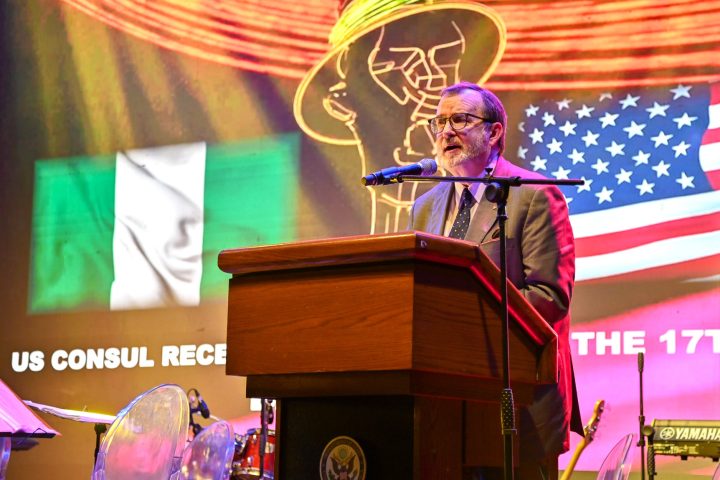

Follow Us